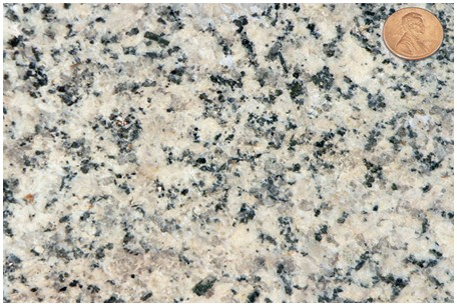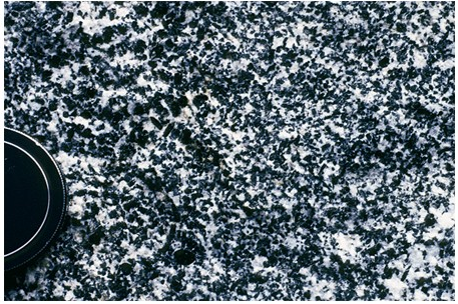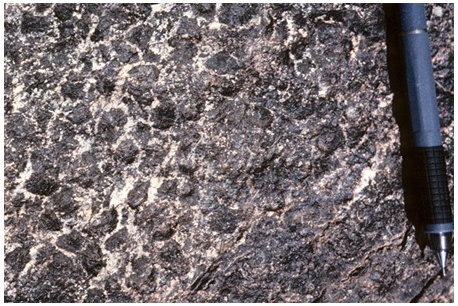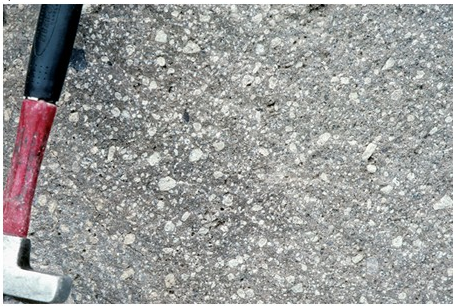Identify and compare two different methods to decrease the birth rate in less developed countries
What will be an ideal response?
Answer: Varies
You might also like to view...
What evidence shown on the map and stereogram suggests that the material in the deposit does not consist of coherent bedrock? (Hint: Contrast the appearance of the deposit with that of the surrounding mountain front.)
The following questions are based on Map T-26a, a section of the USGS “Spring Hill, Idaho,” quadrangle (scale 1:24,000; contour interval 20 feet), and Figure 38-9, a stereogram of the same region. The map and stereogram show a large mass wasting deposit at the foot of the Pahsimeroi Mountains in Idaho (44°17'39"N, 113°43'02"W).
Which of the following rock photographs depicts an igneous rock that trapped gas?
A)

B)

C)

D)

Based on the examples and discussion in Chapter 4, what is the relationship of climate to weathering, both chemical and mechanical? Also, are certain climates more susceptible to certain types of weathering? Why or why not?
What will be an ideal response?
Hydrothermal vents are considered both a source and sink for ocean salts. How can one factor both add and take away salt?
a) As water interacts with hot rock, some materials are dissolved whereas others are deposited. b) Due to random variations in chemical reactions, salts are both deposited and dissolved in the vents. c) The dissolved material cycles round and round in the vents, first being precipitated and then dissolved, then repeating again and again. d) Hot vents give off material first as gas, which precipitates salt, only to be dissolved by fluids moving through the vent plumbing. e) The statement is incorrect. Hydrothermal vents are only a source for salts, not a sink.